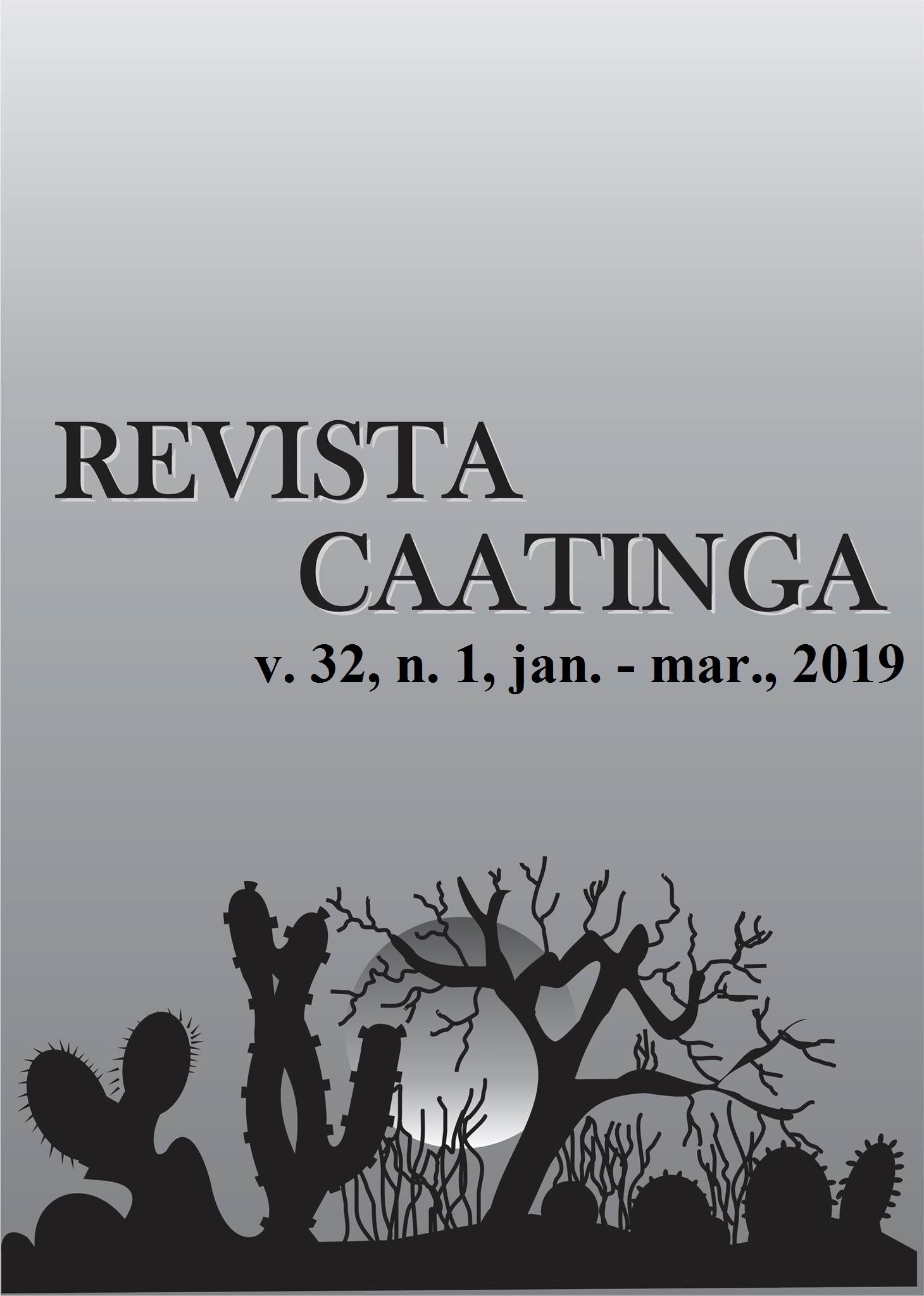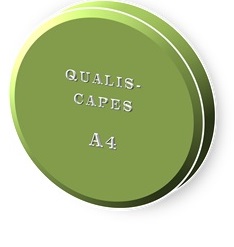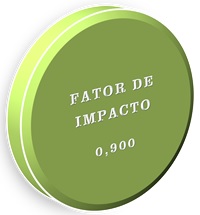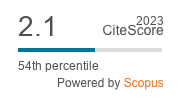SOIL CHEMICAL PROPERTIES IN BANANA CROPS FERTIGATED WITH TREATED WASTEWATER
DOI:
https://doi.org/10.1590/1983-21252019v32n123rcKeywords:
Water reuse. Sewage. Effluent. Sodium. Plant nutrition.Abstract
Determining the effects of using wastewater as fertilizer on soil chemical properties allows a safe reuse of this effluent in agriculture. This study evaluated the effects of fertigation with tertiary treated wastewater (TTW) from the Janaúba sewage treatment plant on chemical properties of a Latosol (Oxisol) with banana crops of the Prata-Anã cultivar in the semiarid region of Brazil. A randomized complete block design with four replications was used to test four TTW rates (70%, 130%, 170%, and 200% of the limit of 150 kg ha-1 year-1 of Na that can be applied to the soil) and compare them to a control without TTW. Soil samples from the 0.0-0.2, 0.2-0.4, 0.4-0.6, and 0.6-0.8 m layers were collected at the end of the first crop cycle to evaluate soil chemical properties—pH, soil organic matter (SOM), P, K, Na, Ca, Mg, Al, potential acidity (H+Al), base saturation, B, Cu, Fe, Mn, Zn, remaining P, and electrical conductivity (EC). The use of TTW increases soil pH and decreases exchangeable Al content, thus, reduces the need for liming. However, Na contents increased faster than EC in the soil, indicating that the use of TTW tends to alter soil physical properties over time. The use of TTW had no effect on the soil OM, P, Ca, Mg, and micronutrients contents, potential acidity, and base saturation. The changes in soil chemical attributes observed at the end of the first crop cycle were not limiting to the banana crop.
Downloads
Downloads
Published
Issue
Section
License
Os Autores que publicam na Revista Caatinga concordam com os seguintes termos:
a) Os Autores mantêm os direitos autorais e concedem à revista o direito de primeira publicação, com o trabalho simultaneamente licenciado sob a Licença Creative Commons do tipo atribuição CC-BY, para todo o conteúdo do periódico, exceto onde estiver identificado, que permite o compartilhamento do trabalho com reconhecimento da autoria e publicação inicial nesta revista, sem fins comerciais.
b) Os Autores têm autorização para distribuição não-exclusiva da versão do trabalho publicada nesta revista (ex.: publicar em repositório institucional ou como capítulo de livro), com reconhecimento de autoria e publicação inicial nesta revista.
c) Os Autores têm permissão e são estimulados a publicar e distribuir seu trabalho online (ex.: em repositórios institucionais ou na sua página pessoal) a qualquer ponto antes ou durante o processo editorial, já que isso pode gerar alterações produtivas, bem como aumentar o impacto e a citação do trabalho publicado (Veja O Efeito do Acesso Livre).







